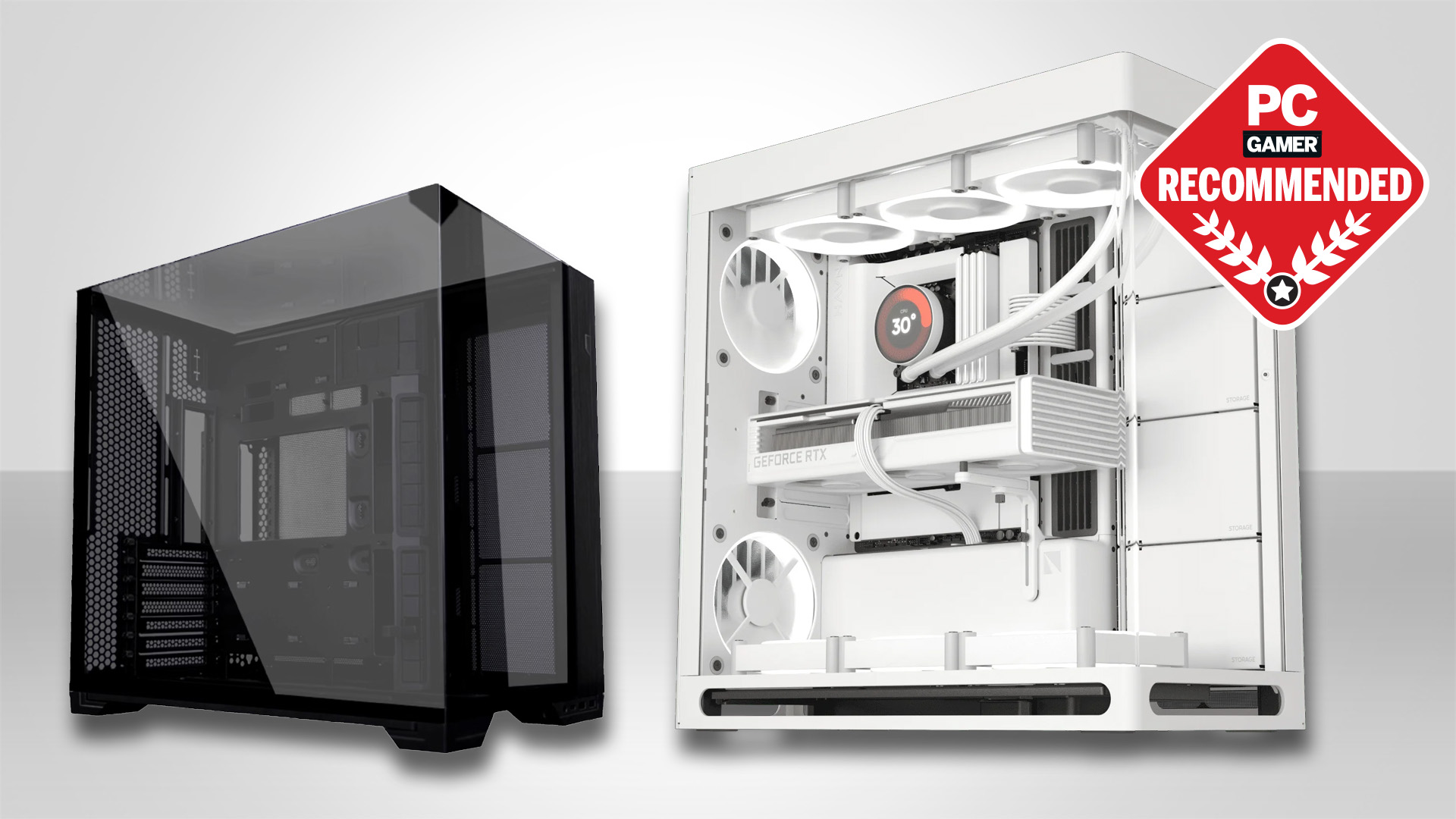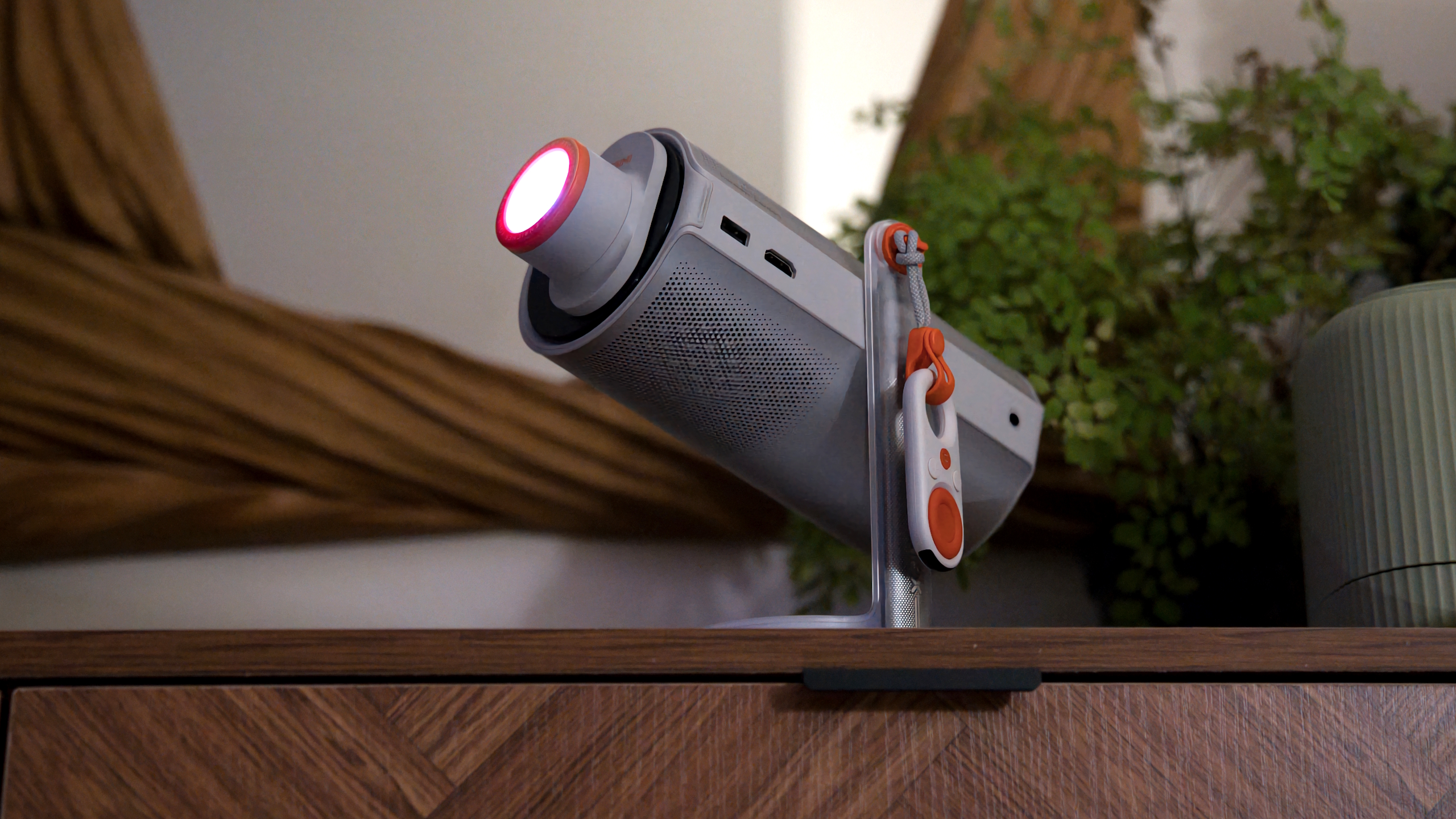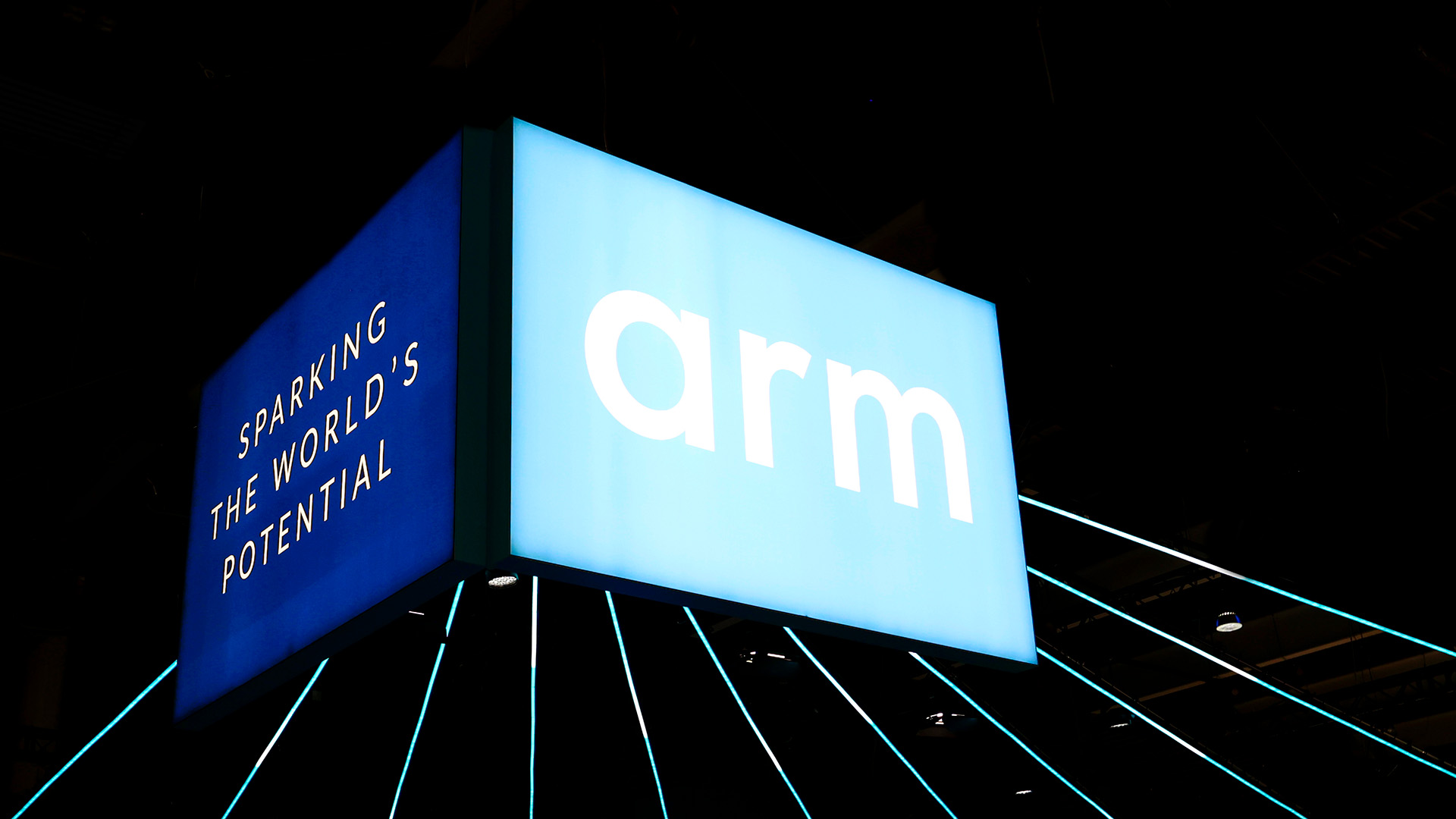
Last week, I got the chance to speak to Chris Bergey, Senior VP and General Manager for the Client side of Arm Holdings, and after picking his brain about Windows on Arm for PC gaming, I'm carefully optimistic about the future. Emphasis on carefully, though, because the proof will ultimately be in the pudding (or rather, in the eating of the pudding, if you're gonna be all pedantic about it).
Windows on Arm has been around for a while, but in many ways, it made its real entrance last year with the Snapdragon X chips. Upon these chips' launch in some Windows on Arm laptops, however, it was quickly noted that there were many apps that just didn't work at all. I was keen to hear what Arm thinks about this problem today, so I asked Bergey. He told me in no uncertain terms: "The compatibility thing, in our mind, is really something that's largely a solved problem."
The word "largely", of course, might do a lot of the legwork here, as it depends on what kinds of apps we're talking about and the kinds of users we're considering.
Bergey explains: "I think that there's a lot of concern about [software compatibility], but what we're actually seeing has been quite exciting. I mean, I think Microsoft put out quite a few kinds of proof points there—you know, they obviously have a lot of telemetry. You know, the average users spend about 93% of their time now, with native Arm apps, and the other ones that are not native are quite performant."
After rooting around online, the closest I could find to that 93% figure was Microsoft saying one year ago that "Nearly 90% of the total app minutes that users spend in apps today have native Arm versions, providing the most efficient and performant experience. And if they need to run apps in emulation, they’ll experience a significant performance boost with the new Prism emulator for app compatibility and performance."
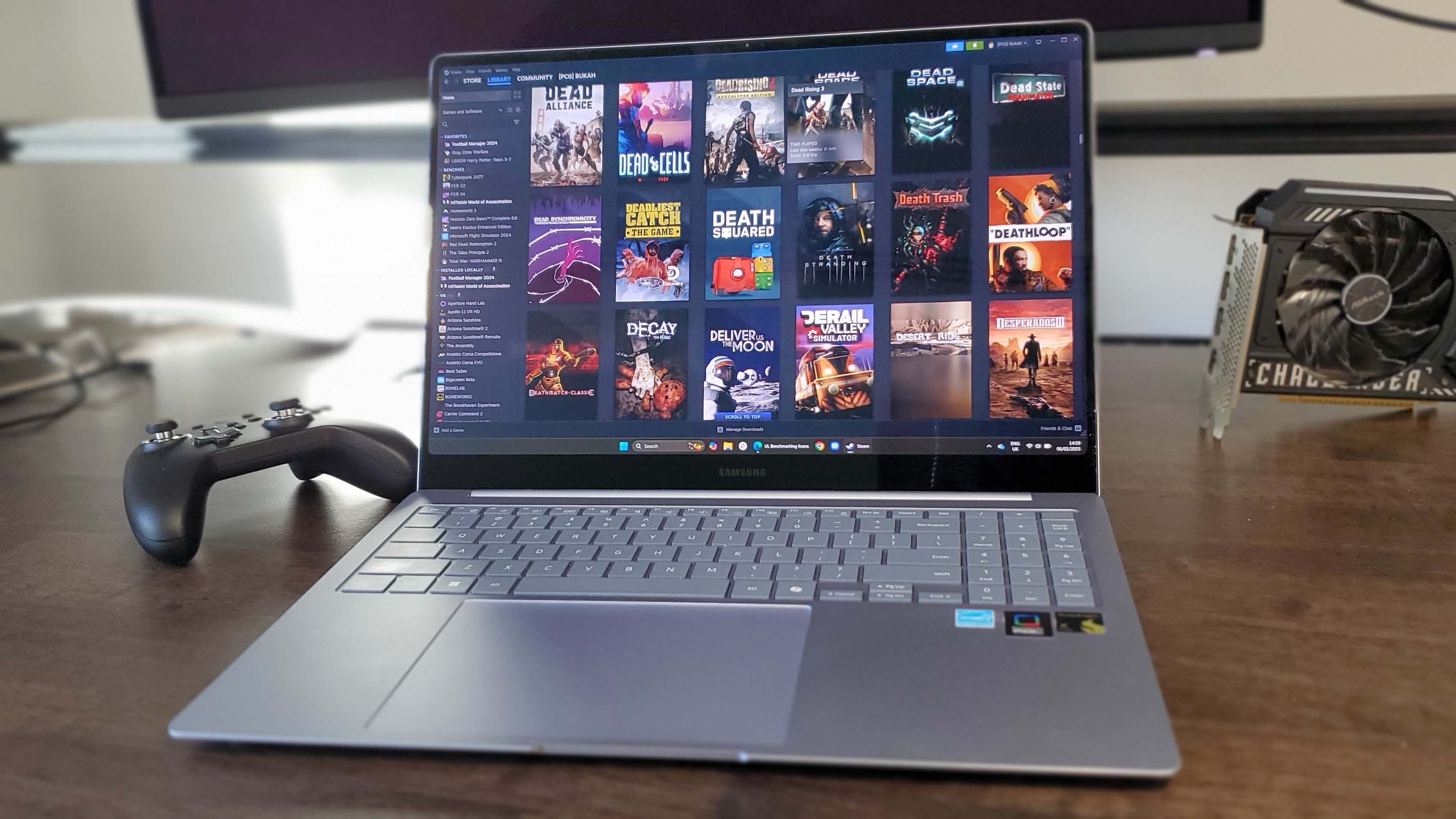
It's important to note that 90% of time spent in apps, of course, doesn't mean 90% of apps—people might spend most of their time in a minority of apps. But native Arm app coverage does seem to be quite large, now, for the general user, whether it's browser, communication, or even creative software. And Prism can at least render non-native apps usable.
But of course, I was keen to move on to talk about gaming, as that's what we're most interested in, here. Regarding this, Bergey seems well aware of some of the problems with using an Arm chip for gaming.
Keep up to date with the most important stories and the best deals, as picked by the PC Gamer team.
One of the primary compatibility problems with gaming and Windows on Arm comes from anti-cheats. The client VP explains: "The way [these anti-cheats are] written is they're actually looking for some registers … Well, those registers don't exist in the [Arm] architecture. They're kind of like some legacy registers that are not actually required. So that's why that kicked over the anti-cheat stuff. We had to work with Microsoft and partners on just kind of getting those things addressed … I think it's a journey, but I think for a lot of users the experience is quite good."
Despite working on addressing those issues with partners, we know that gaming is still far from perfect on Arm. Just a few months ago our Ian Evenden took a deep dive into Windows on Arm for gaming and found that while performance tends to be surprisingly good in games that do work, there are still a bunch that don't.
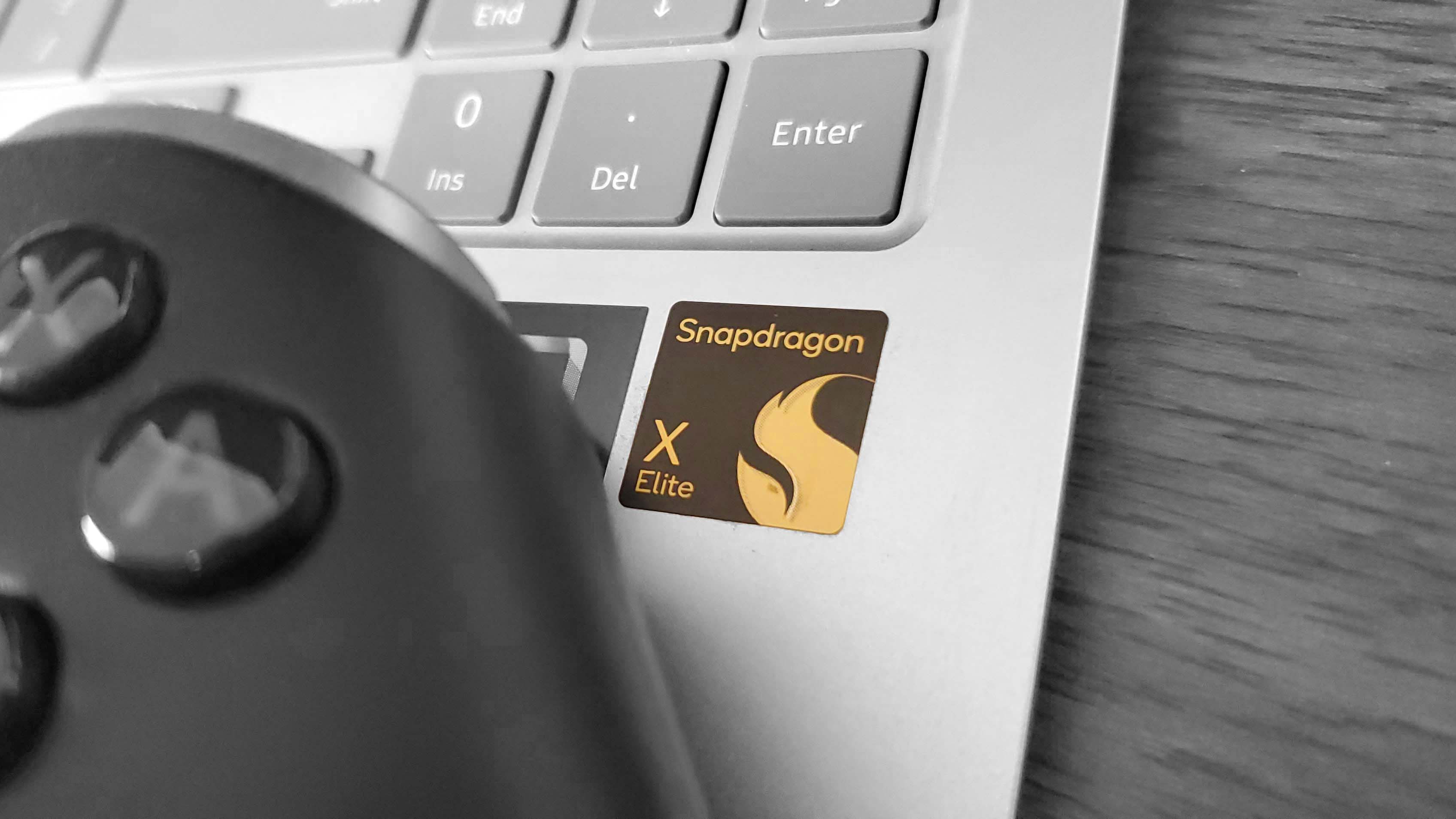
Bergey hinted at what seems to be the crux of the matter and the crux of the future for PC gaming on Arm, if there is to be such a future:
"I think that generally, there's becoming more and more value for game developers to be, I guess, instruction set agnostic … As there becomes more of these kind of cross platform [integrations, eg, between Android and Chrome], it's going to become more and more important or interesting to developers say, you know, of course, we'll do an Arm build as well as our x86 build."
I pressed Bergey a little on this, and he explained what this might look like moving forward:
"I think what happens is that developers just say, 'I'm going to go support the arm ecosystem and the x86 ecosystem,' right? I don't think that they're going to have to do this kind of like, pick one, right? I think what you'll just see is developers say, Hey, I'm just going to go support both.
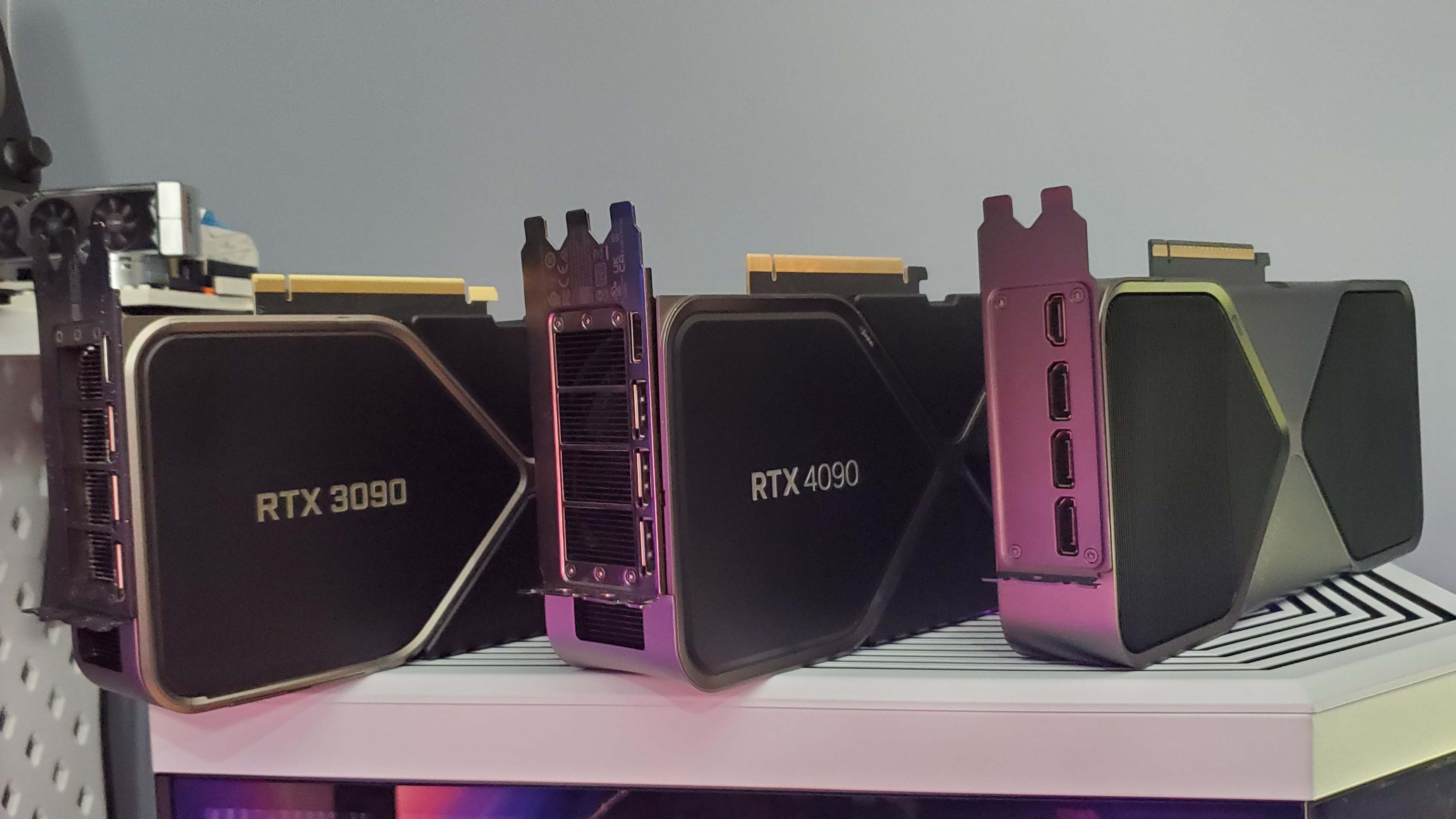
Best CPU for gaming: The top chips from Intel and AMD.
Best gaming motherboard: The right boards.
Best graphics card: Your perfect pixel-pusher awaits.
Best SSD for gaming: Get into the game ahead of the rest.
"And of course, there's extra work, and of course, there's going to need to be some industry incentive and stuff to make that happen. But that's the same thing with, you know, supporting an AMD graphics card and an Nvidia graphics card, right? … But at the end of the day, it's in the game developer's best interest to support [both]."
In other words, then, it looks like Arm sees the solution to Windows on Arm gaming compatibility to be in the hands of game developers choosing to make that choice to build in native Arm support.
I'm unsure whether that future will pan out exactly as Arm envisions, but if the popularity of SteamOS and increasing Linux adoption is anything to go by, it seems PC gamers might be a little more willing to try something new. To the extent that Windows sitting on top of a different architecture is new, perhaps that's something that game developers will indeed keep in mind.
No crystal balls here, though. We'll just have to wait and see.

Jacob got his hands on a gaming PC for the first time when he was about 12 years old. He swiftly realised the local PC repair store had ripped him off with his build and vowed never to let another soul build his rig again. With this vow, Jacob the hardware junkie was born. Since then, Jacob's led a double-life as part-hardware geek, part-philosophy nerd, first working as a Hardware Writer for PCGamesN in 2020, then working towards a PhD in Philosophy for a few years while freelancing on the side for sites such as TechRadar, Pocket-lint, and yours truly, PC Gamer. Eventually, he gave up the ruthless mercenary life to join the world's #1 PC Gaming site full-time. It's definitely not an ego thing, he assures us.
You must confirm your public display name before commenting
Please logout and then login again, you will then be prompted to enter your display name.
